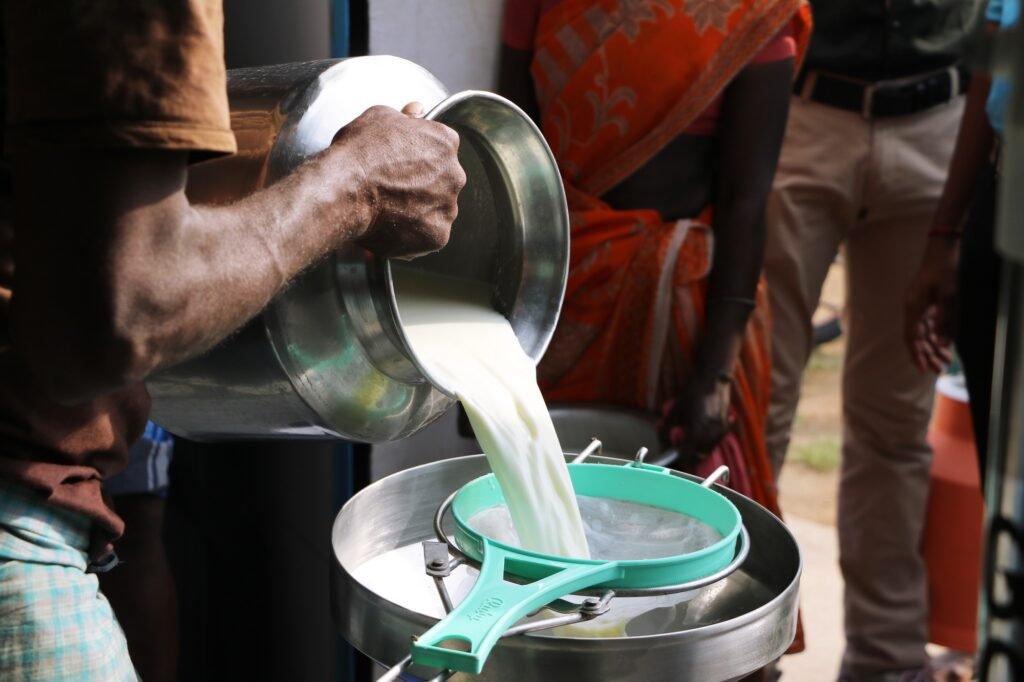Kolhapur Rains Cause Milk Transport Delays Amidst Soaring Vegetable Prices
Kolhapur, Maharashtra – Unseasonal and persistent rainfall in Kolhapur and neighbouring Sangli has triggered dual disruptions: a sharp spike in vegetable prices and delays in milk transportation, raising concerns for the region’s dairy supply chain.
Milk Collection Under Pressure
Rural pockets of Kolhapur and Sangli, crucial hubs for milk procurement in western Maharashtra, have seen relentless downpours, impacting logistics and road connectivity. Although main routes remain open, vehicular congestion, particularly along the Mumbai–Pune–Bengaluru corridor, is causing milk tankers to arrive 2–3 hours late at urban destinations.
“Currently, there’s no interruption in milk collection, but traffic congestion is causing transport delays,” confirmed Sachin Patil, Public Relations Officer at Gokul Dairy, a leading cooperative based in Kolhapur.
This delay, while manageable now, could affect the freshness and distribution schedules if the rains continue. With Gokul Dairy supplying substantial quantities to Mumbai and Pune, consistent delays may lead to supply gaps and quality concerns, particularly for perishable dairy products such as pasteurised milk and curd.
Vegetable Shortage Adds Pressure to Rural Economy
Meanwhile, the rainfall has crippled local vegetable production, adding financial pressure on farmers and increasing rural distress. Tomatoes, picked prematurely due to cloudy skies and ripening delays, are fetching up to ₹60 per kilogram in retail, despite being green and unripe. Beans are nearly unavailable, while coriander, despite poor quality, is selling at ₹30 per bunch, up from ₹20.
Current market prices:
- Beans: ₹150/kg
- Capsicum: ₹80/kg
- Brinjal: ₹60/kg
- Gavar (Cluster Beans): ₹120/kg
- Leafy Greens (Methi, Palak): ₹15–₹20/bunch
Despite increased arrivals, APMC Kolhapur received 2,800 tomato boxes (each weighing 20 kg) this week—panic buying and perceived scarcity are driving prices upward. Vendors report that consumer fear of further price hikes is fueling demand for even sub-par produce.
Looking Ahead: Coordinated Dairy Planning Needed
As erratic weather patterns become more frequent, experts are urging dairy cooperatives and policy planners to strengthen logistics resilience. This includes real-time transport tracking, weather-linked milk route planning, and infrastructure improvements on critical highways connecting production to consumption hubs.
“If rural logistics are this sensitive to weather, we need to invest in smarter dairy transport and cold chain systems,” said a senior official from the Maharashtra Dairy Development Board.
